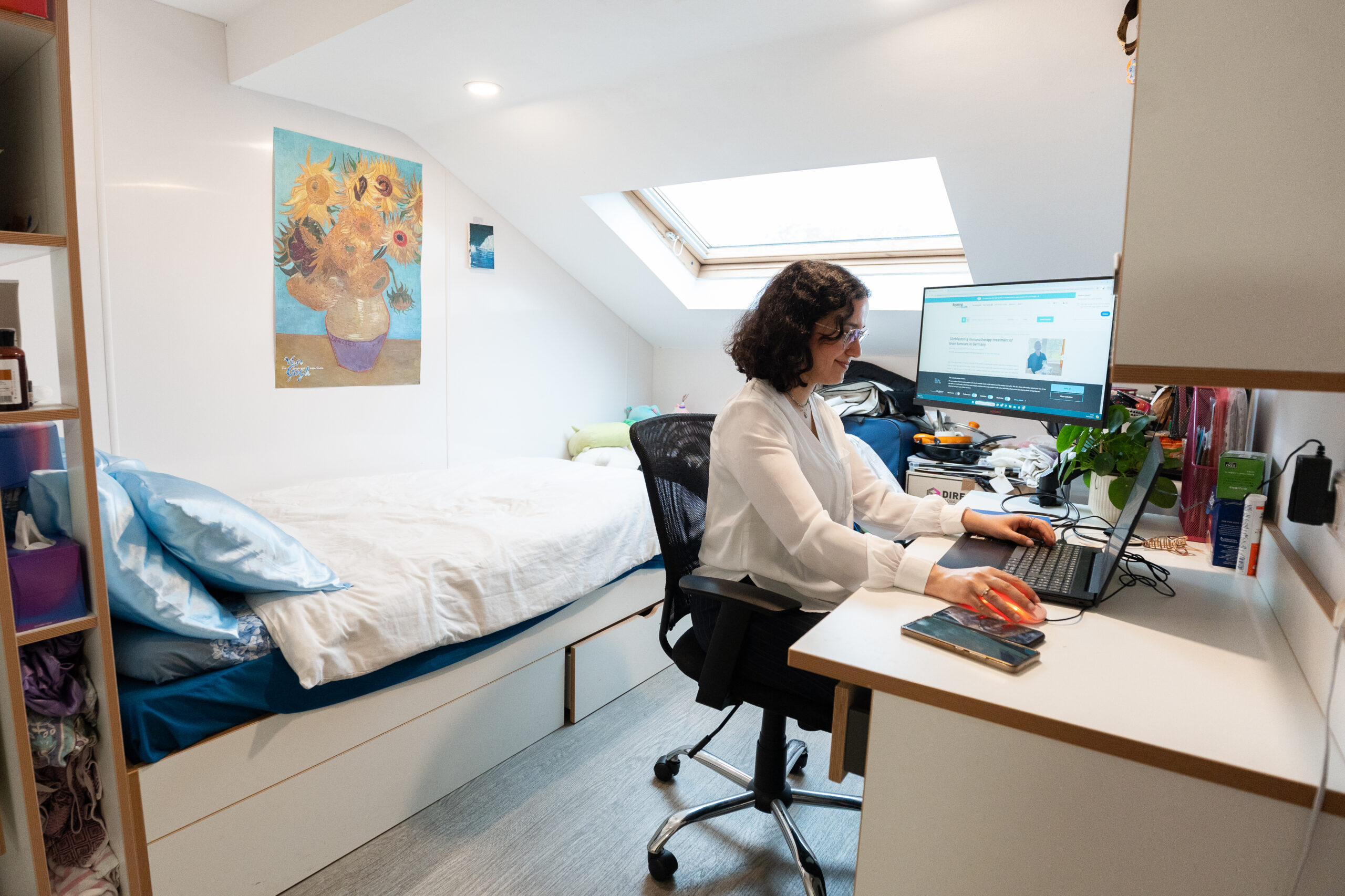Whether you’ve had a brat summer or a demure one, getting back into school mode can feel overwhelming. After months of relaxation, travel, or perhaps working a part-time job, it’s easy to find yourself out of sync with the demands of university life. The snapback isn’t impossible, especially if you get into the right mindset and exercise these strategies that I have found.
1. Ease Into a Routine Gradually
One of the biggest challenges after a long break is adjusting to a structured schedule. During the summer, your days might have been more flexible, so jumping straight into a packed academic schedule can feel a lot. Start by creating a gradual routine even before classes officially begin. Wake up earlier each day, and schedule blocks of time for reading or reviewing last term’s notes to stimulate your brain. Slowly reintegrating structure into your day will help your mind and body adjust to the upcoming academic demands.

2. Set Clear, Achievable Goals
Once the term begins, it’s easy to feel overwhelmed by everything on your plate—assignments, readings, extracurriculars, and more. To regain focus, start by setting small, achievable goals. For example, decide to review notes for 30 minutes each day or read one chapter of your textbook by the end of the week. These smaller tasks help you rebuild momentum and prevent procrastination. As you accomplish these mini goals, you’ll build confidence and a sense of achievement, which will prepare you for larger academic tasks later on.
3. Reorganise Your Study Space
After months of neglect, your study space might have become a catch-all for summer stuff or even an unused corner of your room. A cluttered space leads to a cluttered mind, so take time to reorganise your study area. Ensure your desk is clean, stock up on fresh supplies, and create a space that feels inviting and conducive to learning. Consider adding motivational posters or items that inspire you to focus, and make sure to limit distractions like your phone. A well-organised space can do wonders for getting you back into a focused mindset.

4. Revisit Your Course Materials
It’s normal to feel rusty after not thinking about academics for a few months, but easing back into study mode is much easier if you review your course materials from the previous term. Read your notes, look through key chapters in your textbooks, and remind yourself of the topics you learned. If you’re starting new courses, get a head start by reading through the course structure, checking out any assigned readings, or familiarising yourself with key concepts. This review will help wake up your brain and refresh your memory, so you don’t feel as unsettled when classes start.
5. Develop a New Study Schedule
The fall term brings a fresh opportunity to refine your study habits. Look over your class schedule and begin planning dedicated time slots for studying, reviewing notes, and working on assignments. Make use of tools like planners, digital calendars, or apps to block out your study sessions. You have to be realistic with your time—ensure there’s a balance between studying and taking breaks. Implementing a consistent study schedule early in the semester will set the tone for effective learning and time management in the weeks ahead.

Photo by Daria Nepriakhina 🇺🇦 on Unsplash
6. Reconnect with Classmates
Transitioning back to academic life is much easier when you’re not doing it alone. Reach out to classmates, friends, or study groups to catch up and share your goals for the term. Surrounding yourself with motivated peers can help you ease back into study mode through shared accountability. You might even organise study sessions or discuss upcoming topics, which can stimulate intellectual curiosity and make the transition feel less isolating.
7. Stay Active and Healthy
Physical health plays a huge role in mental focus and energy levels. Staying physically active helps improve your ability to concentrate and retain information. Incorporate some form of exercise into your weekly routine, whether it’s a quick morning jog, yoga, or even a walk around campus. Also, pay attention to your sleep schedule, as proper rest is important for cognitive function. Aim for 7-9 hours of sleep each night to ensure you’re alert and ready for the demands of studying.

8. Create a Positive Mindset
Your mindset greatly influences how you approach studying. It’s common to feel anxious or stressed at the thought of returning to a busy academic schedule. You can do this by embracing a positive and growth-oriented mindset. Remind yourself that the new term is a fresh opportunity to learn, grow, and improve on past academic performance. Acknowledge that while it may be challenging, each small step forward is progress.
9. Limit Distractions
With the return to academic life comes the temptation of distractions—whether that’s social media, Netflix, or hanging out with friends. To stay on track, consider using apps that block distracting websites during study time, or set your phone on “Do Not Disturb” mode when you’re in deep focus. Creating boundaries with distractions early on will allow you to ease back into study mode more effectively and minimise procrastination.

10. Be Patient with Yourself
Finally, remember that getting back into study mode is a process, not an overnight switch. It’s okay if you don’t immediately feel productive or focused during the first few days. Be patient and give yourself the space to transition back at your own pace. Recognise the small wins along the way and keep adjusting your routine until you find what works best for you. With time, consistency, and a bit of self-compassion, you’ll be back to peak academic performance.
Have you also read these articles?

